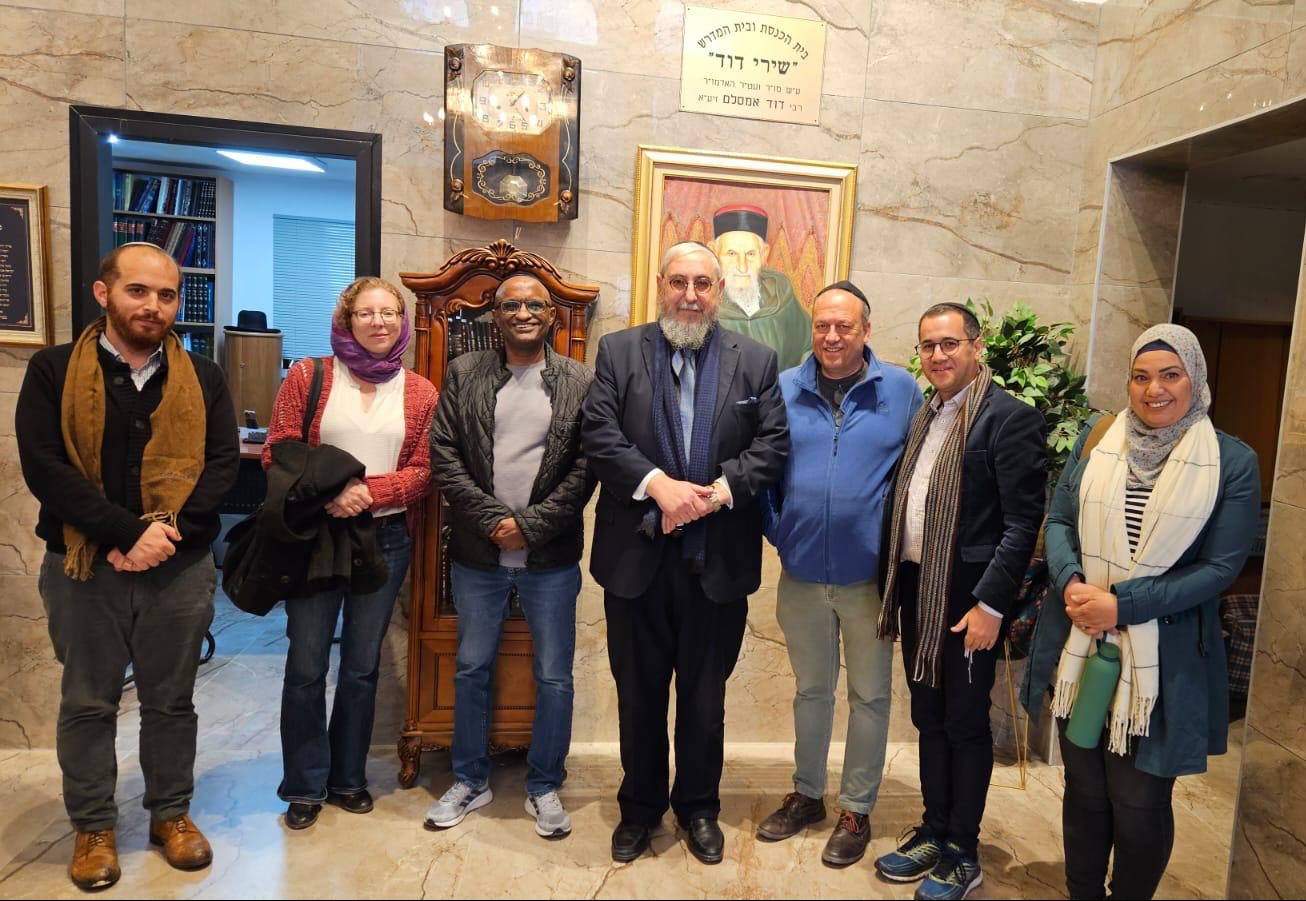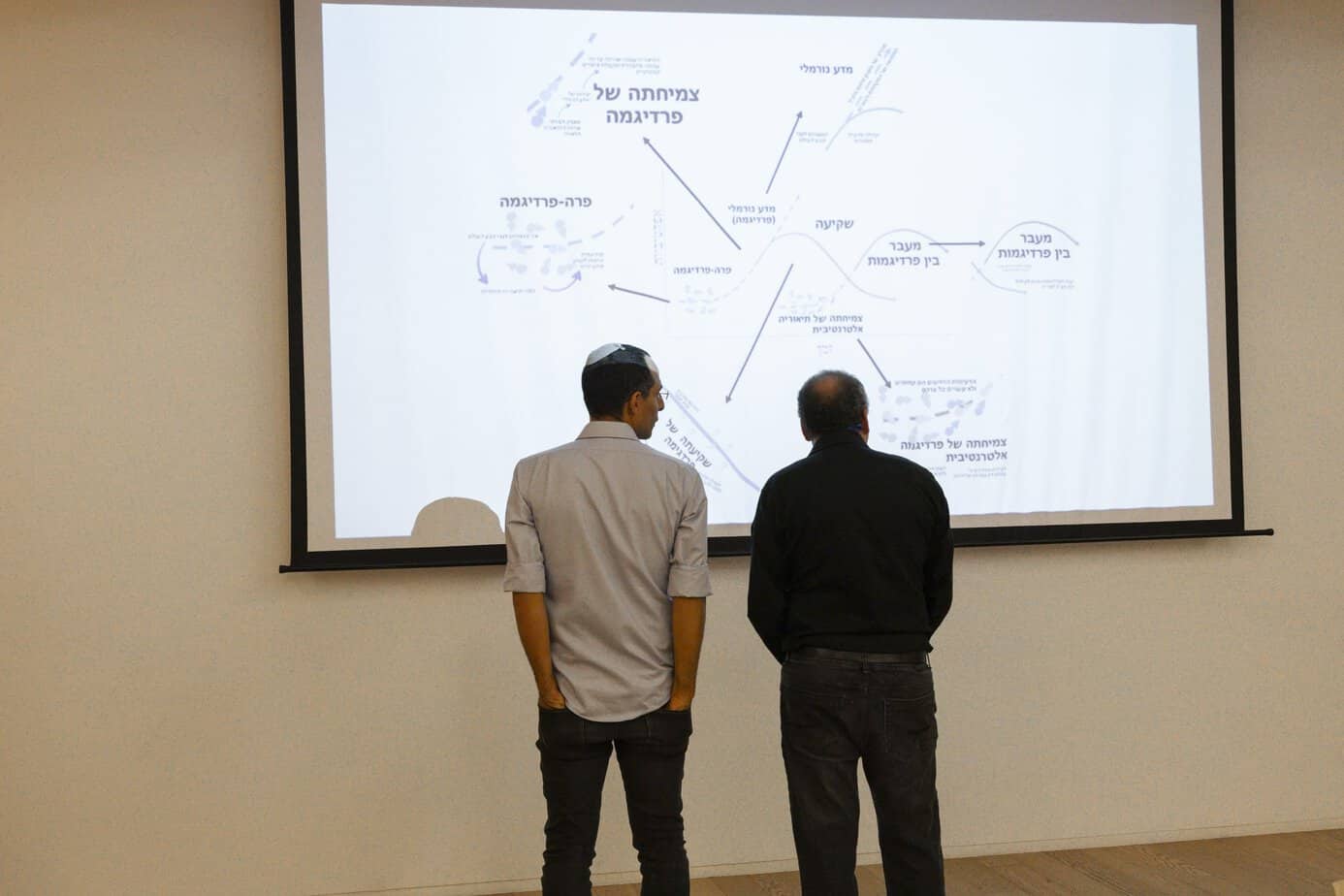The aim of the Kituv program is to empower public leaders from diverse backgrounds to spearhead in-depth processes in Israel, in the context of the country’s rich cultural diversity. On the basis of the theoretical ideas developed in the “Challenge of Living Together” area (a joint project of Shaharit and the Van Leer Jerusalem Institute), a program was developed to give its participants practical skills to combine contradictory ethical insights. In light of the unique challenges of Israeli society, and by learning from cases elsewhere in the world, the program aims to promote a relational democracy (between a majoritarian and substantive democracy); an ethical economy (between populism and elitism); spaces of traditionalism (between religiosity and secularism); a broadening of the boundaries of fraternity (within the boundaries of the Jewish collective and beyond it); and thinking about nonbinary possibilities for regional peace.


